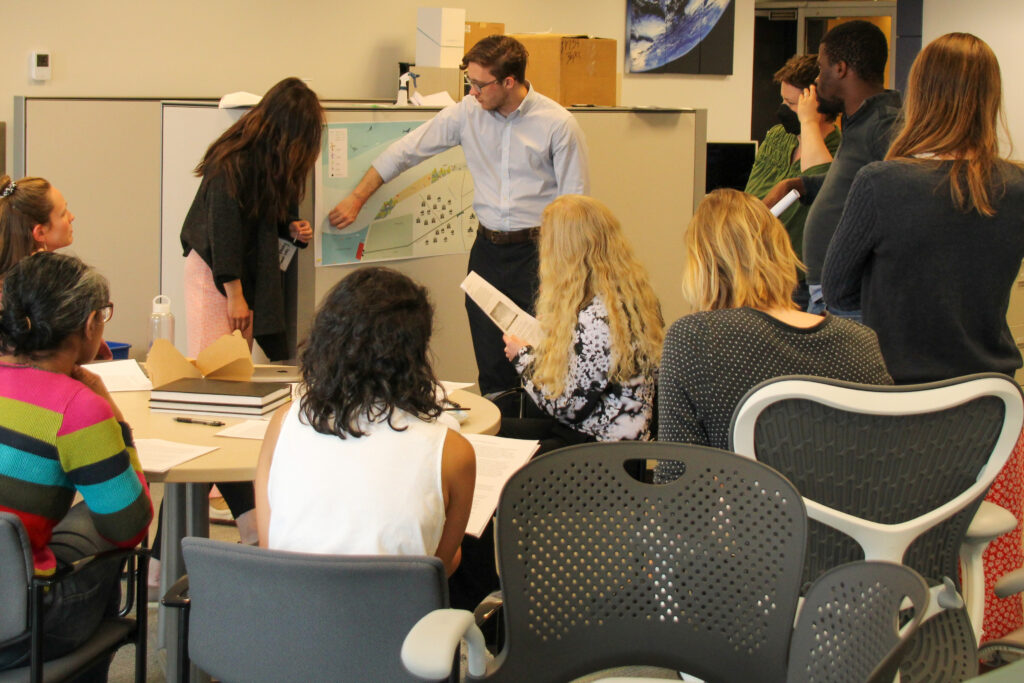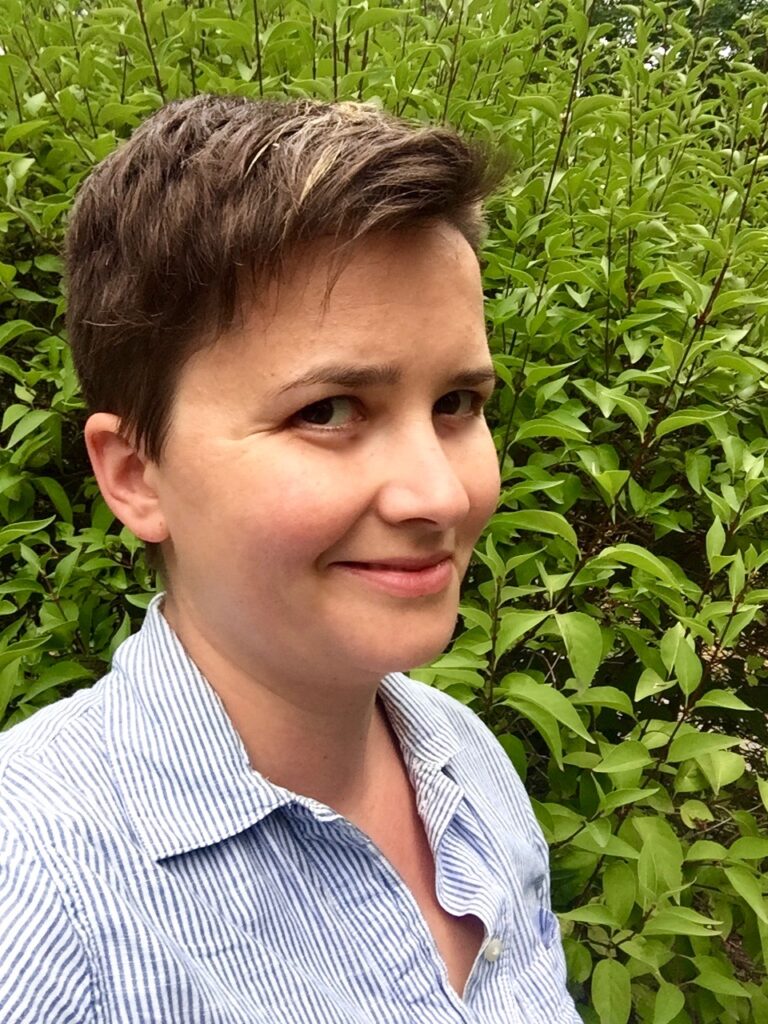Projects
Impact Fellow/Core
- Social dimensions guidance (Frye-Levine, Chun)
- An exploration of how MCSC member companies are considering social sustainability questions in their operations.
Seed
- Sustainable solutions for climate change adaptation: weaving traditional ecological knowledge and STEAM (Knox-Hayes)
- Within this project is a focus on the Equitable Resilience Framework (ERF), a new methodology that redefines how adaptation and resilience planning works for the communities it seeks to support. The ERF draws on human capabilities, enhanced trade-off analysis, and knowledge convergence to ensure that adaptation and mitigation efforts improve the resilience of individuals and communities most in need. By reconceptualizing the links between resilience and equity within communities, the ERF gives researchers and practitioners better theoretical and practical tools for applying resilience to interconnected social systems across different timescales. The ERF facilitates just solutions while empowering communities that are often overburdened by environmental injustice and climate change. The ERF Initiative is led by Janelle Knox-Hayes, Associate Professor and Director of the Resilient Communities Lab.
- Anthro-engineering decarbonization at the million-person scale (Buyandelger)
- This cross-school project, comprised of anthropology and engineering Co-PIs, postdocs, and NEET undergraduates, will explore the contexts for designing and implementing a locally specific, culturally acceptable, and socio-economically viable reusable molten salt heat bank, amenable to energy input by concentrated solar and nuclear power, to reduce this dependency of citizens on their government, and sustainably decarbonize Ulaanbaatar, Mongolia.
Contact Us
Get in touch with the MCSC
If you would like more information, please e-mail mcsc@mit.edu.
Who's studying this
Research Scientist
MCSC Impact Fellow




